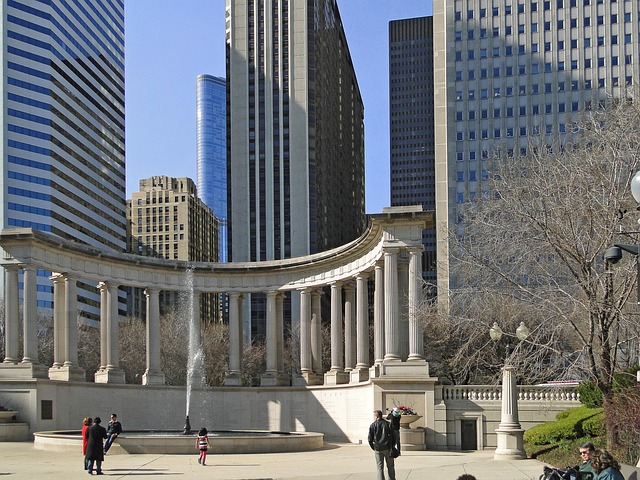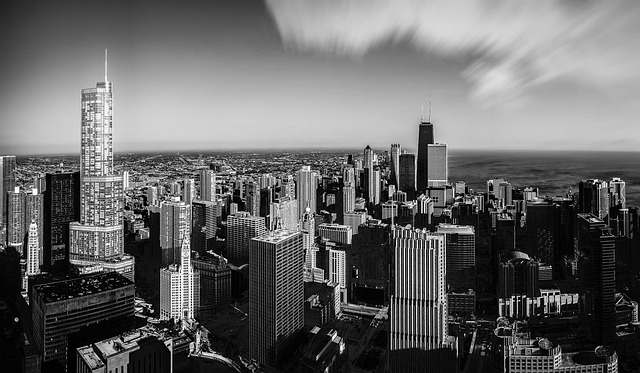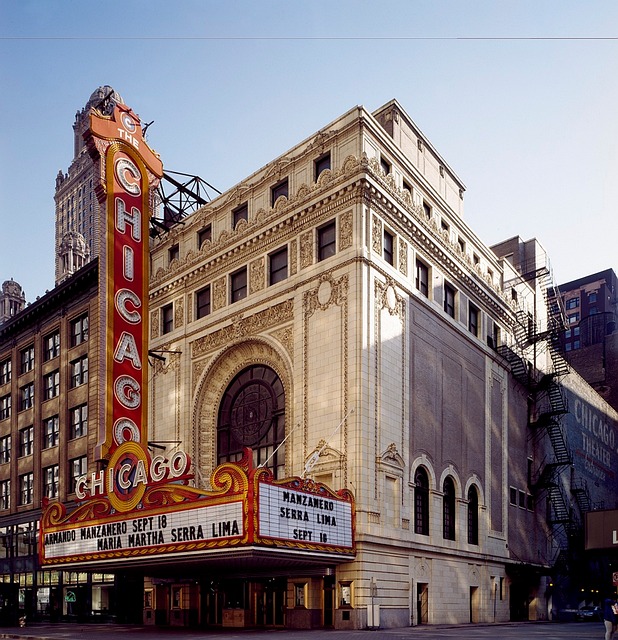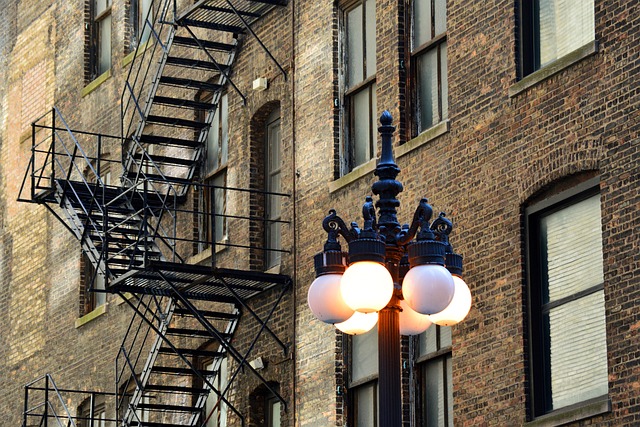Selling a fire-damaged home in Chicago requires strict adherence to Illinois property disclosure laws, which mandate transparent communication about structural damage, fire severity, repairs, and potential hazards. These regulations protect buyers and sellers by ensuring informed decisions, preventing disputes, and avoiding legal repercussions. Non-compliance can lead to significant financial burdens. Sellers must meticulously document damage, engage specialized agents, and openly communicate lingering issues for a successful sale.
In the competitive Chicago real estate market, understanding Illinois property disclosure laws is paramount, especially when dealing with fire-damaged homes. This comprehensive guide navigates the legal intricacies surrounding fire damage disclosures, outlining what constitutes fire damage, seller obligations, key requirements for material fact disclosure, and potential consequences of non-compliance. Whether preparing to sell or purchasing a fire-damaged home in Chicago, this article offers essential insights to ensure a smooth transaction.
- Understanding Illinois Property Disclosure Laws
- What Constitutes Fire Damage for Legal Purposes?
- Obligations of Sellers in Chicago Real Estate Transactions
- Disclosing Material Facts: Key Requirements
- Potential Consequences of Non-Compliance
- How to Navigate the Process When Selling a Fire-Damaged Home
Understanding Illinois Property Disclosure Laws
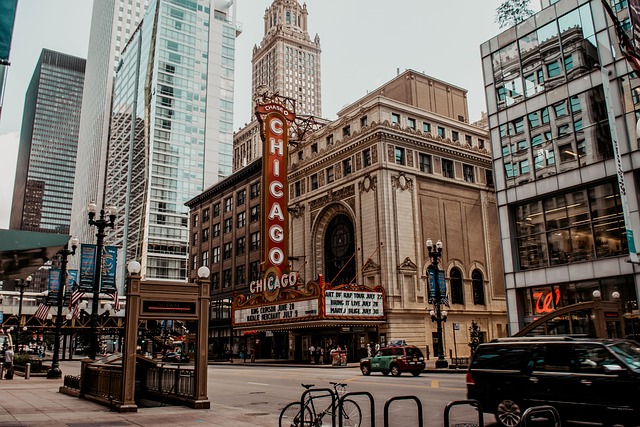
In the state of Illinois, particularly when selling a fire-damaged home in Chicago, property disclosure laws play a crucial role in ensuring transparency between buyers and sellers. These laws mandate that certain information related to the condition of the property be revealed to potential purchasers. Understanding these regulations is essential for both parties involved in the real estate transaction.
When a seller knows their property has sustained fire damage, they are required by law to disclose this fact to buyers. Disclosing relevant details about any repairs or remediation efforts becomes vital, especially when selling a fire-damaged home. Buyers have the right to know the extent of previous fires, the year it occurred, and if there were any structural changes or improvements made as a result. Illinois property disclosure laws are designed to foster trust and allow buyers to make informed decisions, ensuring everyone is on the same page throughout the selling process.
What Constitutes Fire Damage for Legal Purposes?

When it comes to selling a fire-damaged home in Chicago, understanding what constitutes fire damage for legal purposes is crucial. Fire damage goes beyond the visible charred remains and includes any structural or cosmetic issues caused by the presence of fire, smoke, or water used to extinguish the blaze. This can range from burned walls and ceilings to damaged electrical systems, plumbing, and even mold growth due to water intrusion.
For legal purposes, fire damage is often categorized based on its severity and impact on the property’s safety and value. Minor fire damages might include superficial charring or smoldering, while significant damage could result in partial or complete structural collapse, rendering the home unsafe for habitation. Real estate transactions involving fire-damaged properties require thorough disclosure of these issues to potential buyers, as it can significantly influence their decision and the property’s resale value in Chicago.
Obligations of Sellers in Chicago Real Estate Transactions
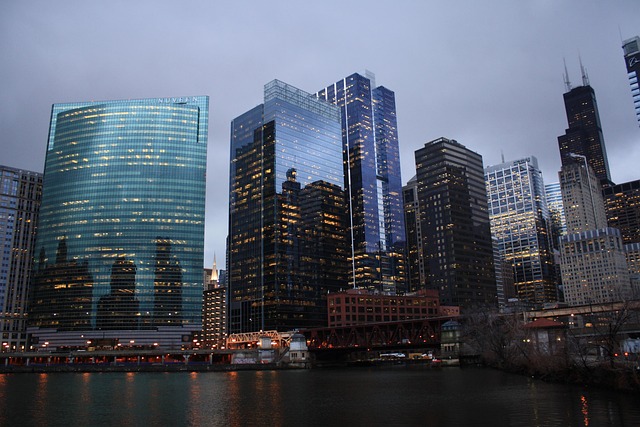
In Chicago real estate transactions, sellers have a legal obligation to disclose any known material defects or damage to the property, including fire-related issues. When selling a fire-damaged home in Chicago, it’s crucial for the seller to provide comprehensive information about the extent of the damage and any potential hazards. This disclosure is critical to ensure transparency and protect buyers from unforeseen problems. Sellers must accurately describe any structural damages, contamination from smoke or water, and the overall condition of the property after a fire.
The Chicago Property Disclosure Form is a key document in this process, allowing sellers to detail repairs made, known issues, and potential concerns. Buyers are encouraged to review this form carefully before finalizing the purchase. Sellers must also be transparent about any previous fires, their cause, and the steps taken to mitigate future risks, especially if the property has undergone renovations or rebuilding since the incident. This transparency fosters trust and helps buyers make informed decisions when purchasing a fire-damaged home in Chicago.
Disclosing Material Facts: Key Requirements
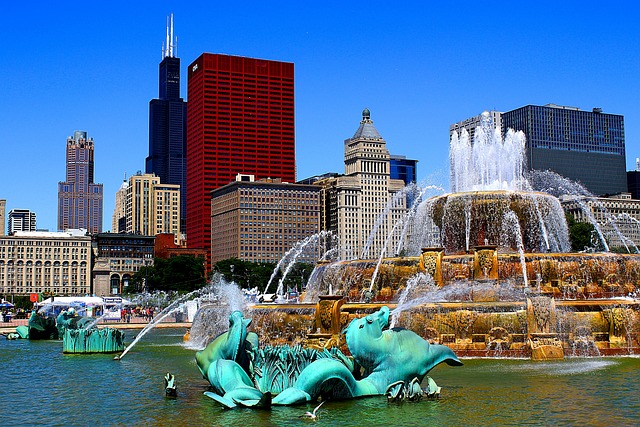
When selling a fire-damaged home in Chicago, disclosing material facts is paramount to ensuring transparency and ethical dealings. Illinois property disclosure laws mandate that sellers reveal any known issues or defects that could impact a buyer’s decision to purchase the property. This includes, but is not limited to, structural damage, water intrusion, mold, or previous fires, even if repairs have been made. Such disclosures are crucial in preventing disputes and ensuring buyers make informed decisions.
In terms of specific requirements, sellers must accurately describe any fire damage, including its extent and the nature of repairs undertaken. They should also disclose whether professional inspections were conducted and provide copies of relevant reports. Furthermore, it’s essential to detail any ongoing issues or potential risks associated with the property, such as ongoing repairs, known environmental hazards, or legal disputes related to the premises.
Potential Consequences of Non-Compliance

In Illinois, failure to comply with property disclosure laws can lead to significant consequences for sellers and real estate agents. When a seller knows or should know about a material defect, such as fire damage, and does not disclose it, they risk legal repercussions. Buyers have rights, and these laws are designed to protect them from unexpected issues that could impact their investment. Non-compliance may result in lawsuits, where buyers can seek compensation for any damages incurred due to the undisclosed defects.
For instance, if a Chicago seller attempts to sell a fire-damaged home without disclosing this crucial information, they could face substantial financial burdens if a buyer discovers the damage post-purchase. This not only includes potential legal fees but also may lead to reduced property values and an unfavorable buying experience, which could reflect poorly on all parties involved. Therefore, adhering to disclosure laws is essential for a smooth and transparent real estate transaction when selling a fire-damaged home in Chicago or any other area.
How to Navigate the Process When Selling a Fire-Damaged Home
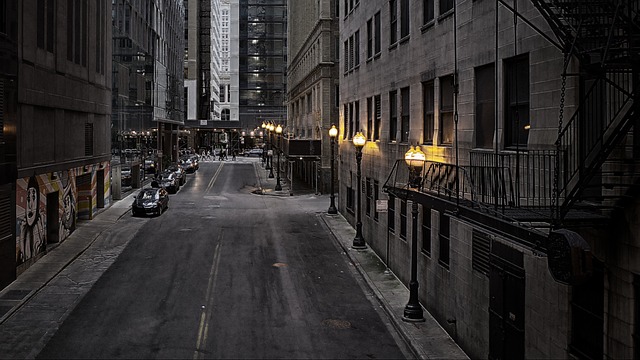
When selling a fire-damaged home in Chicago, understanding the property disclosure laws is crucial. The first step is to thoroughly document the damage caused by the fire and any subsequent repairs or renovations. Collect all necessary permits, invoices, and assessments to demonstrate that your home has been safely restored. This transparency is key to navigating the legal requirements of selling a fire-damaged property in Chicago.
Engage with a real estate professional who specializes in such situations. They can guide you through the disclosure process specific to Illinois, ensuring compliance with local regulations. Additionally, be prepared to disclose any potential lingering effects from smoke or water damage, as buyers will want to know about these details. This open communication fosters trust and helps expedite the selling process for a fire-damaged home in Chicago.
When selling a fire-damaged home in Chicago, adhering to Illinois’ property disclosure laws is crucial. Understanding what constitutes fire damage and the seller’s obligations can help ensure a smooth transaction. Disclosing all material facts accurately is essential to avoid legal repercussions and potential buyer disappointment. By navigating this process thoughtfully, you can protect both your interests and set the stage for a successful sale in the bustling Chicago real estate market.

